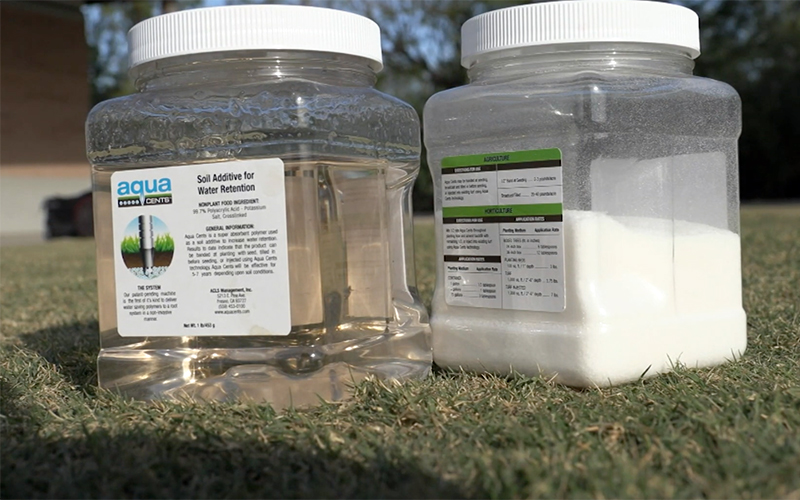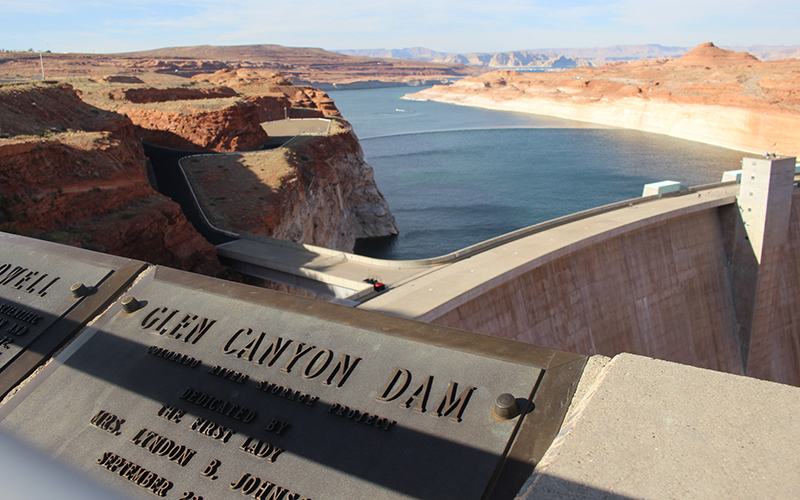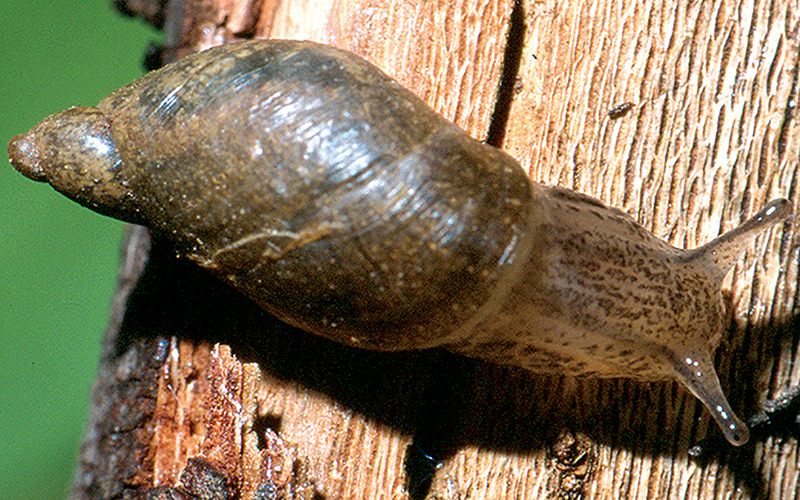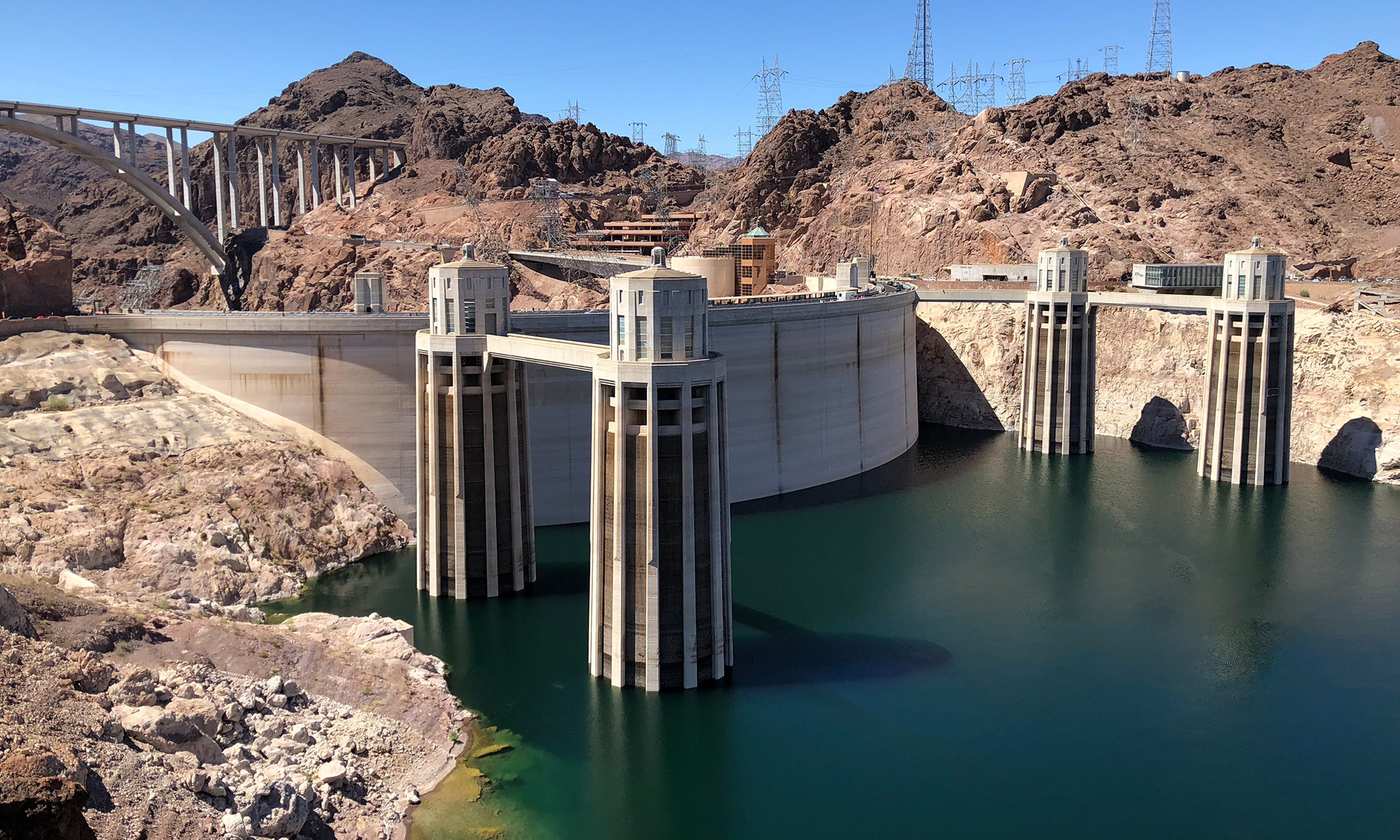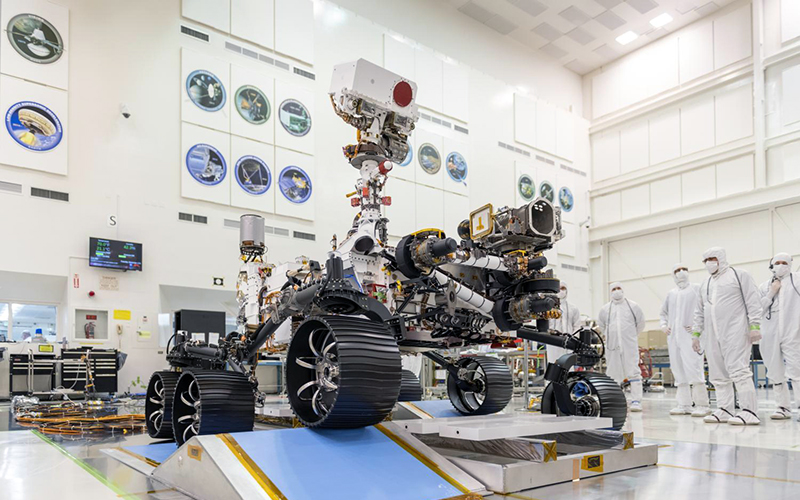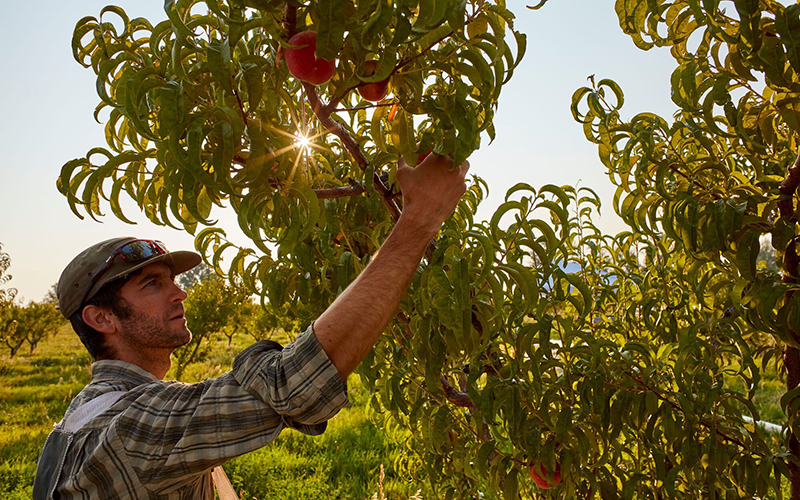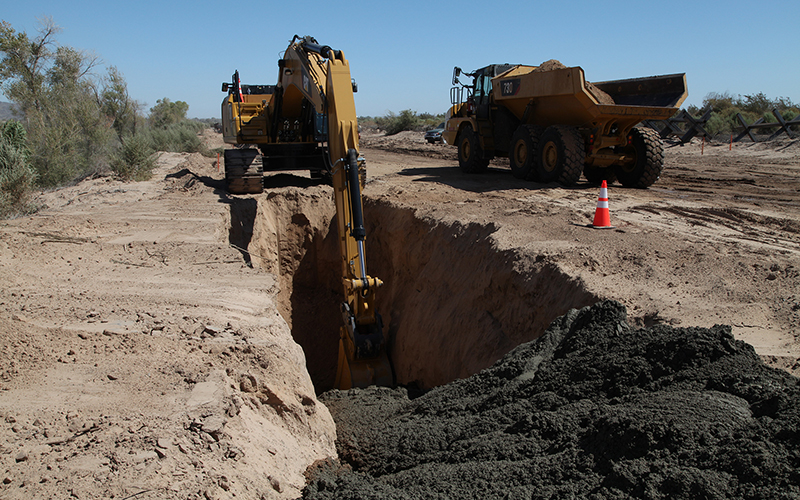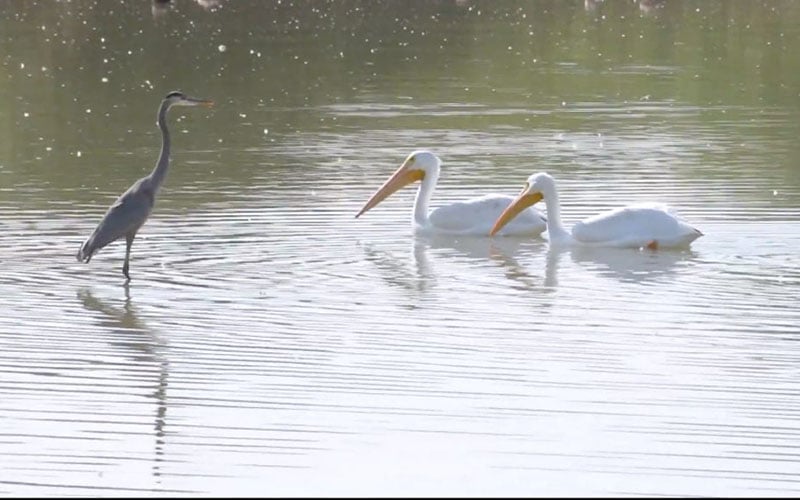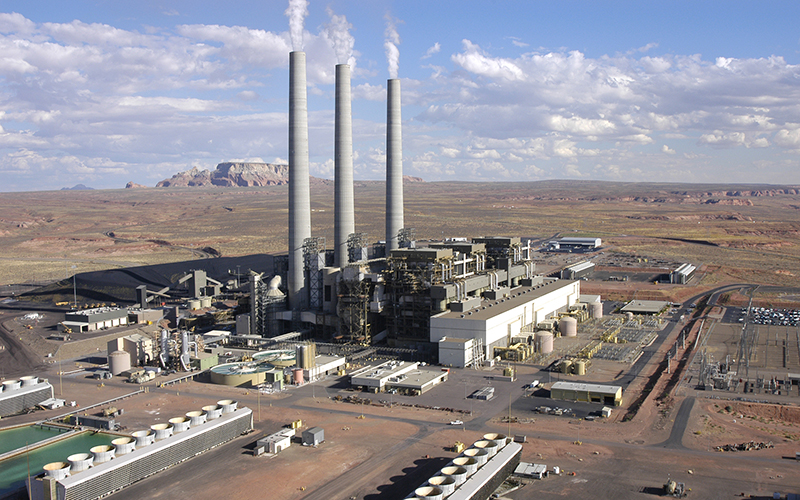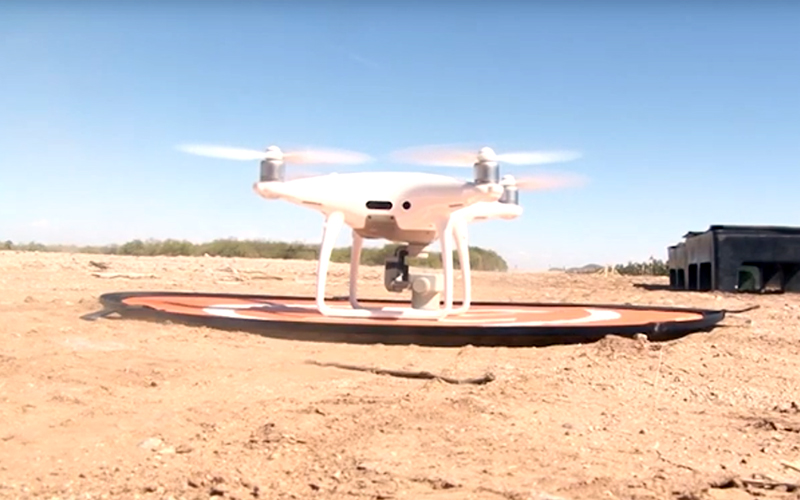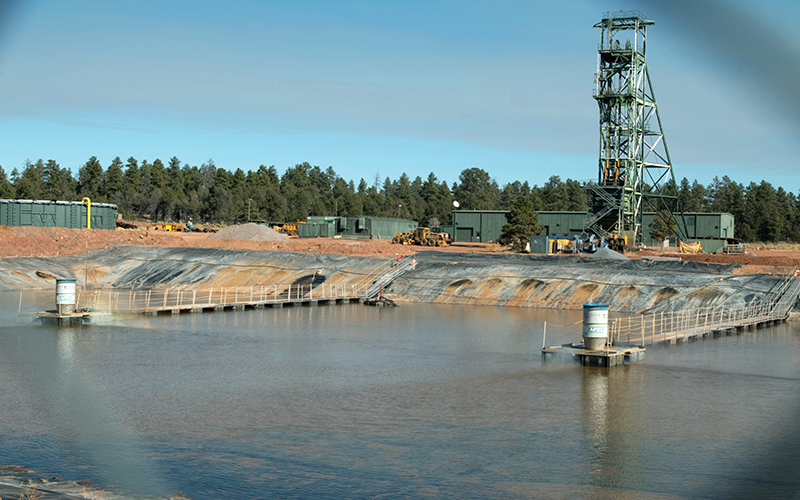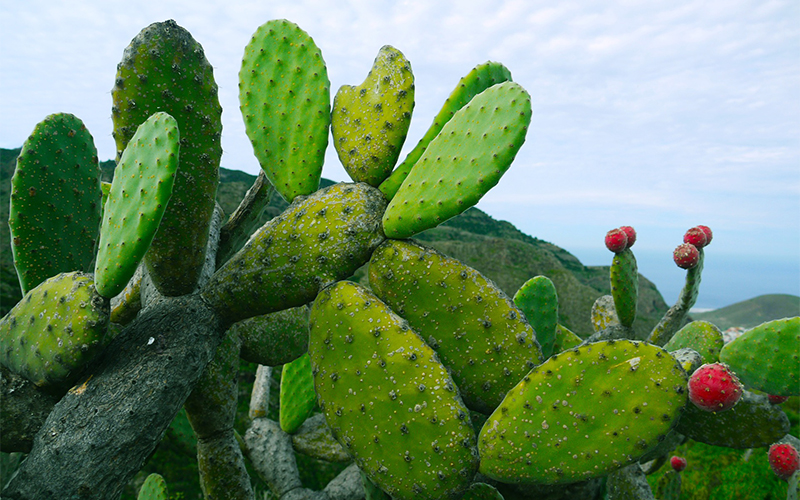Turf battle: Hydrogels could help ASU West save water and money
GLENDALE – Potassium-based granules that suck up water and release it when needed are being injected into ASU West soccer fields, which use 11 million gallons a year.
Teamwork will be key to balancing the overcommitted Colorado River
PHOENIX – Conservation and innovation, along with historic partnerships among the Colorado River Basin states, will be needed to eliminate the difference between what’s been promised and what’s actually in the riverbed.
Feds say tiny snail in Utah, Arizona can no longer be listed as endangered
WASHINGTON - The U.S Fish and Wildlife Service said it plans to take the Kanab ambersnail, a tiny snail found in just three sites in the Colorado River watershed, off the list of endangered species in light ot new evidence that the snail is not genetically different from other, more common ambersnails.
The Colorado River is overcommitted – here’s how that happened
PHOENIX – When Western leaders divided up the life-giving waters of the Colorado River in the 1920s, they overestimated how much water was available. That “structural deficit” of 1.5 million acre-feet plays a role in the river’s dire situation today.
NASA’s search for life on Mars is joined by scientists from Arizona
PHOENIX – Scientists at Arizona State University and the USGS Astrogeology Science Center in Flagstaff are working on a new Mars rover that they hope will be the first to bring samples back to Earth.
Farmers switch irrigation to save water, keep the Colorado River from growing saltier
PAONIA, Colorado – Microsprinklers are replacing flood irrigation along some parts of Colorado’s Western Slope, which is saving farmers water and reducing the amount of salt and selenium flowing each year into the Colorado River.
Feds waived environment, other regs on 90 miles of state border in 2019
WASHINGTON - The Trump administration waived environmental and other regulations on nearly one quarter of Arizona's border with Mexico last year to ease the way for border wall construction, a review of government documents shows.
Snowbirds: Why are white pelicans wintering in Arizona?
PHOENIX – Decreasing water levels in white pelicans’ natural habitats are forcing the wetland birds to migrate to find refuge in the Arizona’s maintained lakes.
Navajo Generating Station, coal mine face years of breakdown, cleanup
WASHINGTON - They may have turned out the lights, but the party's not over at the Navajo Generating Station and Kayenta coal mine. The facilities' owners face years of decommissioning and cleanup and possible decades of environmental monitoring of the sites, which closed for good this fall.
Drone on the range: Farmers take to the skies to save water and money
MARICOPA – Drones are monitoring some crops to help save water while gathering detailed information that can help with crop cultivation and monitoring soil conditions.
Trump administration’s push for U.S. uranium production opposed near Grand Canyon
TUSAYAN – President Donald Trump has listed uranium as a “critical mineral,” which may encourage domestic uranium mining. The Nuclear Fuel Working Group has not issued recommendations yet, but uranium mining companies want quotas lax oversight, while environmental activists push for a ban on uranium mining near the Grand Canyon.
Cactus juice used to make nontoxic, biodegradable plastic bags
PHOENIX – Scientists in Mexico have found a sustainable alternative to plastic bags. Using juice from the prickly pear cactus, they’ve produced plastic that can decompose in just a few weeks rather than the several centuries it takes for traditional plastic bags.
